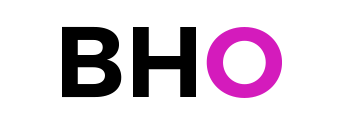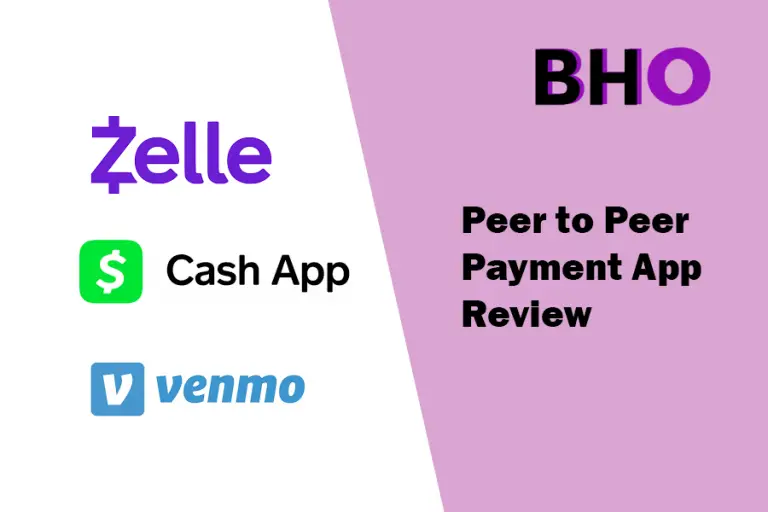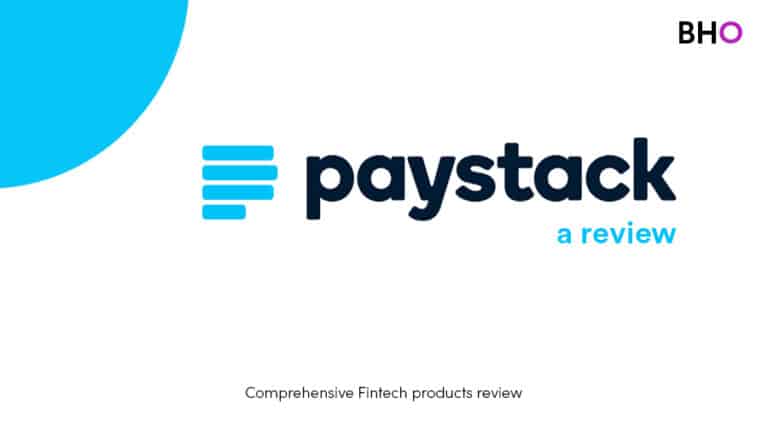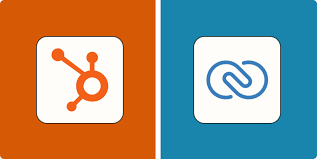Operational stack III: The best marketing tech stacks for your business.

Table of Contents
The best marketing stacks to meet your businesses day-to-day needs.
Choosing the right marketing tech stack is essential to meet the daily needs of your business. While the optimal stack depends on your specific requirements, here are some highly recommended tools, especially if your marketing team is still in its infancy. These tools cover collaboration, communication, project management, asset creation, and more.
Types of marketing tech stacks:
Marketing efforts can be broadly categorized into organic and inorganic marketing, each with its own set of tools and strategies. Understanding these categories and the tools associated with them can help you maximize your impact.
Organic Marketing
This refers to strategies aimed at driving traffic and engagement naturally over time without direct expenditure on advertising. The focus is on creating high-quality content that attracts and retains customers.
Tools for Organic Marketing
This section describes different software used in organic marketing i.e. and in those tools the best tools under those categories. The categories include:
Content Management Systems (CMS)
These tools enable marketers to create, edit, and manage content for various channels, including websites, social media, and email campaigns. They can further be divided into:
Asset Creation Tools: Canva

Canva offers a wide range of templates for creating social media posts, banners, posters, infographics, presentations, and more. It is user-friendly, allowing your team to produce professional designs quickly and easily, making it perfect for small teams.
Pricing: Free; $199.99/year (Pro); $30/user/month (Enterprise)
Alternatives: Visme, Snappa, Adobe Creative Cloud (for advanced users)
Content Management and Blogging Tools: Content Hub

Content Hub is a scalable CMS for creating and managing a website or blog. It integrates various initiatives, making it easier to publish and update content while tracking performance metrics.
Pricing: $270/month (Professional); $900/month (Enterprise)
Alternatives: WordPress, Joomla, Drupal
Stock Images: Unsplash

Unsplash provides high-quality stock photos for free, which are essential for blog posts, banners, flyers, and brochures. It ensures legal use of images without compromising on quality.
Pricing: Free
Alternatives: Pexels, Shutterstock (Paid), Getty Images (Paid), iStock Photos (Paid)
Image Optimization: Toolur

Toolur compresses images to prevent website slowdown. It allows bulk uploads and various compression options, making it an efficient tool for maintaining website speed and performance.
Pricing: Free
Alternatives: Squoosh.app, TinyJPG
SEO Tools
The following are the best SEO tools:
– SEO (Search Engine Optimization): Ahrefs

Ahrefs provides comprehensive tools for keyword research, backlink-building, competitive analysis, and rank tracking. It is a one-stop solution for improving your SEO strategy and boosting search engine rankings.
Pricing: $99/month (Lite); $199/month (Standard); $399/month (Advanced); $999/month (Enterprise)
Alternatives: Moz, SEMRush
Technical SEO: Screaming Frog

Screaming Frog helps you identify 404 errors, broken links, duplicate content, and more. This tool is essential for maintaining website health and improving user experience by ensuring a robust technical infrastructure.
Pricing: Free; $211/year
Alternatives: DeepCrawl, Ahrefs, Moz
Conversion Rate Optimization: Optimizely

Optimizely allows you to test and optimize CTAs and personalize user experiences to enhance conversions. It supports extensive experimentation and data-driven decision-making.
Pricing: Available upon request
Alternatives: Google Optimize, Crazy Egg
Social Media Management – Buffer

Helps schedule posts and track engagement metrics.
Email Marketing Platforms
Mailchimp:
Enables businesses to create and send targeted email campaigns.

Email Marketing: Marketing Hub’s Email Marketing Tool

This tool allows you to create personalized HTML emails without coding. It also enables A/B testing to optimize campaigns and is integrated with other Marketing Hub features for seamless lead management.
Pricing: Free
Alternatives: Constant Contact (Paid), MailChimp (Paid)
Marketing Automation Software:
These tools automate repetitive marketing tasks, segment audiences, and deliver targeted messages across email, social media, and other channels, nurturing leads and driving conversions.
Marketing Automation: Marketing Hub

Marketing Hub enables automated lead nurturing with personalized workflows and lead scoring. It integrates various marketing activities, allowing for a cohesive strategy and streamlined operations.
Pricing: $800/month (Professional); $3,200/month (Enterprise)
Alternatives: Marketo
Video Marketing: Wyzowl

Wyzowl simplifies video creation by providing comprehensive solutions for video marketing. It eliminates the need for multiple specialists, making video production accessible and efficient.
Pricing: Available upon request
Alternatives: Testimonial Hero, Content Beta
Analytics and Reporting Software:
Solutions like Google Analytics, HubSpot Analytics, or Tableau provide insights into campaign performance, audience behaviour, and ROI, empowering marketers to make data-driven decisions and optimize strategies accordingly.
Website Analytics Dashboard: Google Data Studio

Google Data Studio integrates with Google Analytics to create custom dashboards. It is ideal for visualizing data and tracking various metrics in a user-friendly format.
Pricing: Free
Alternatives: HubSpot’s Dashboard and Reporting Software, Databox (Paid)
Website Visitor Analytics: Google Analytics

Google Analytics tracks website visitors, measures organic traffic, and provides insights into user behavior. It is crucial for understanding and improving overall website performance.
Pricing: Free
Alternatives: StatCounter (Paid), Simple Analytics (Paid)
Web Page Analytics: Google Search Console

Google Search Console offers detailed analytics for individual web pages, helping you understand search performance and top queries. It complements Google Analytics by providing deeper insights at the page level.
Pricing: Free
Alternatives: Ahrefs (Paid), Moz (Paid)
Project Management Tools:
These tools facilitate task allocation, project tracking, and collaboration among team members, ensuring projects are completed efficiently and on schedule.
Project Management: Asana

Asana is one of the best project management software options on the market today. It is crucial for managing campaigns, workflows, and projects. It provides a collaborative space for task management and project updates, ensuring that nothing slips through the cracks and deadlines are met.
Pricing: Free; $10.99/user/month (Premium); $24.99/user/month (Business)
Alternatives: Trello, Freedcamp, Project.co
Communication:
Slack

Slack is an instant messaging platform designed for workplace communication. I.e. it’s not meant for casual conversation. It facilitates quick updates, file sharing, and live conversations within your marketing team, reducing the need for lengthy email threads.
Slack offers Canvases, which are like whiteboards that you can use to collaborate with colleagues or clients to brainstorm ideas, create lists or share documents and files
Pricing: Free, Pro (7.25), Business (12.50), Enterprise grid (custom)
Alternatives: Microsoft Teams, Google chat
CRM Systems:
Customer Relationship Management (CRM) software like HubSpot CRM, Salesforce, or Zoho CRM centralized customer data, track interactions, and streamline lead management, ensuring personalized and effective communication with prospects and customers. The best in terms of versatility is:

Inorganic Marketing
This involves strategies that require financial investment to generate traffic and leads quickly. These strategies include paid advertisements on search engines, social media platforms, and other channels.
Tools for Inorganic Marketing
The following are all the best inorganic tech stacks. they are broadly divided into:
Search Engine Marketing (SEM)
Services like Google Ads, Facebook Ads, or LinkedIn Ads enable businesses to create and manage targeted advertising campaigns, reach specific audiences, and track campaign performance to optimize ROI.
SEM (Paid Ads): Google Ads

Google Ads is the leading tool for placing sponsored results on SERPs and displaying ads across Google’s network. It provides extensive targeting options and robust analytics to optimize ad performance.
Pricing: Varies (Pay-Per-Click)
Alternatives: Media.net, AdRoll
These are few of the foremost marketing tech stacks
Social Media Marketing:
Marketing Hub’s Social Inbox:
This tool allows you to schedule posts, analyze performance, and manage brand interactions across multiple social platforms. It helps in maintaining a consistent social media presence and engaging with your audience effectively.
Pricing: $800/month (Professional); $3,200/month (Enterprise)
Alternatives: HootSuite, Sprout, etc.
Others include: facebook ads, LinkedIn ads, etc.
Retargeting Tools
AdRoll:

Offers retargeting ads across social media, email, and the web.
Pay-Per-Click (PPC) Tools
SpyFu:

Allows businesses to analyze competitors’ PPC strategies and find profitable keywords.
Both organic and inorganic marketing strategies are essential for a well-rounded marketing approach. Organic strategy builds a strong foundation and long-term growth, while inorganic delivers quick results and boosts visibility. By leveraging the right tools for each category, businesses can maximize their reach, engagement, and conversions.







